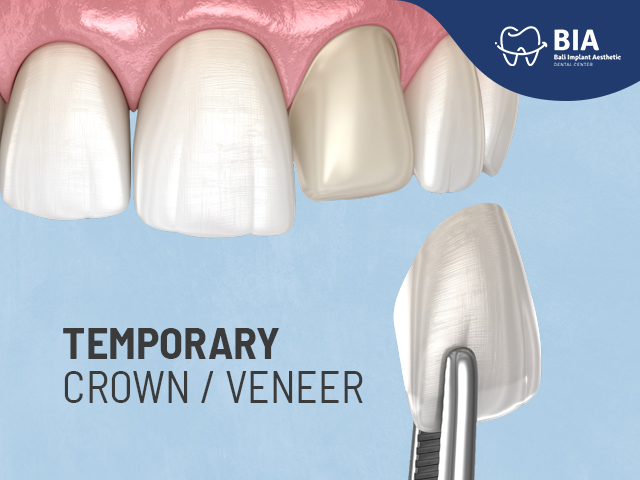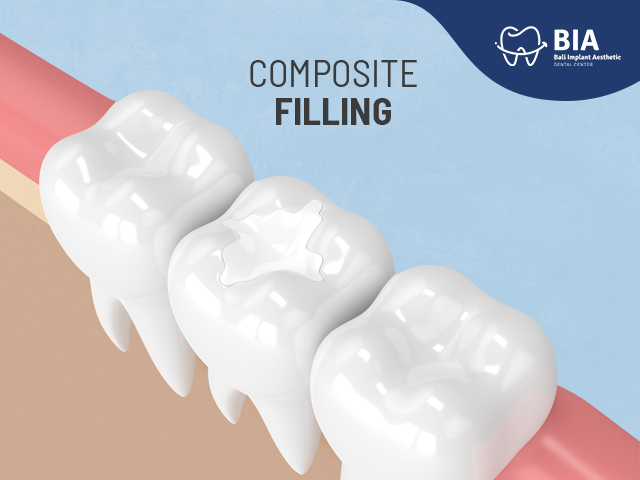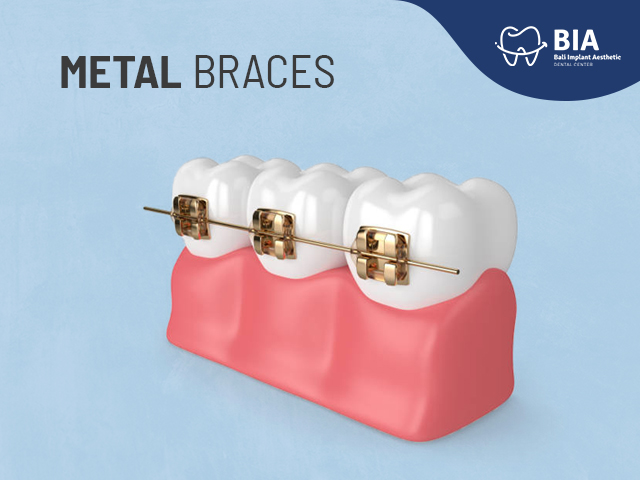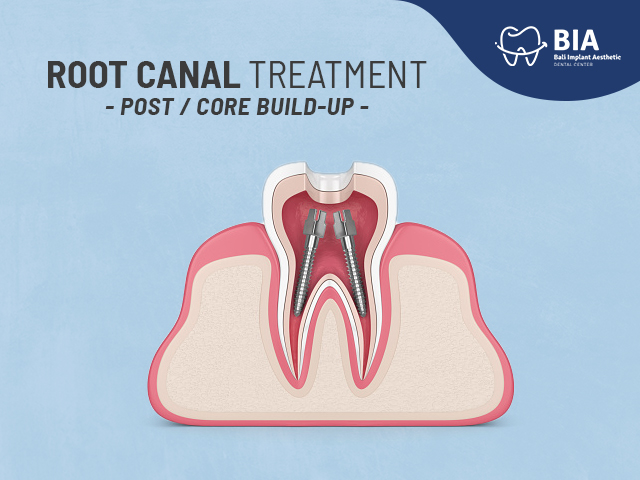High Risk of Pregnant Women Against Gum Inflammation
Article | 2020-02-26 06:47:40
Home » Articles » High Risk of Pregnant Women Against Gum Inflammation
High Risk of Pregnant Women Against Gum Inflammation
During pregnancy there are changes in the oral cavity associated with hormonal changes, especially estrogen and progesterone hormone. There are also changes in diet, changes in behaviour and various complaints such as cravings, nausea, vomiting.
Pregnant women become very vulnerable to gum disease and tooth supporting tissue disease as a result of the habit of neglecting dental and oral hygiene. Changes in pregnancy also have an impact on the quality of life for pregnant women. Pregnant women need special attention regarding their oral health and the health of their babies. Pregnant women must realize the importance of maintaining oral health during pregnancy for themselves and the fetus that is conceived so as to avoid the occurrence of oral diseases that can affect pregnancy. Poor oral health in pregnant women is proven to have an effect on the fetus such as premature babies and low birth weight in addition to the oral health of the baby.
In recent years, there has been a lot of scientific evidence that shows that periodontal disease plays a role as a risk factor in pregnancy, including premature birth (born before 37 weeks) and low birth weight babies (birth weight lower than 2,500 g). Pregnant women who suffer from periodontitis or inflammation of the supporting tissues of the teeth, will become a reservoir of bacteria and this bacterial metabolic product can spread to the placenta. In pregnant women with severe periodontitis, infectious agents and their products can activate local inflammatory signaling pathways to spread out of the oral cavity area, including the fetal-placental unit, which may not only cause preterm labor but also cause preeclampsia and limit fetal growth.
The incidence of dental and oral diseases during pregnancy is not merely influenced by the pregnancy itself but the lack of knowledge of oral health maintenance that affects bad dental and oral health behaviour.
Conditions that endanger dental health during pregnancy
The habit of consuming snacks that cause dental caries. Carbohydrates in foods that are most destructive are sucrose. Snacks such as chocolate, sweets, and other sweet foods are foods that contain sugar so that it can damage teeth and increase the frequency of caries if consumed for a long period of time and often neglect dental and oral hygiene.
Feeling lazy to brush teeth regularly.
Feeling no need to do routine checks to the dentist.
Only visit the dentist after a problem occures.
Vomiting. This situation causes teeth exposed to stomach acid so that the teeth are brittle.
The things that need to be considered for pregnant women to maintain oral health
Brushing teeth regularly can reduce the risk of dental and mouth disease
The use of dental floss can help get rid of food debris between the teeth
Gargling after vomiting can neutralize acid in the mouth thereby reducing the risk of tooth decay.
Vitamins A and C can reduce the risk of inflammation of the gums.
Consumption of foods and drinks with high sugar levels can increase the frequency of cavities.
Routine dental examinations during pregnancy can help optimize the health of the teeth and mouth of pregnant women.
If you have to do dental care, when is the right time?
Pregnancy is not a reason to delay routine dental care and treatment needed to overcome oral health problems.
In the first trimester, X-rays are only performed in very emergencies to support diagnosis and treatment. If it must be done, it must be accompanied by maximum protection (using an apron and a low radiation dose).
Treatment can be given throughout pregnancy age. However, the ideal time period is between the 14th and 20th weeks of pregnancy age. Usually for dental care that is non-emergency, can be postponed until the 2nd trimester or after giving birth.
Tooth extraction in pregnant women, if very necessary, can be done at the age of the second trimester of pregnancy (4-6 months), while the filling and cleaning of tartar/dental calculus can be done during pregnancy.
Source:
Sajjan P, Pattanshetti JI, Padmini C, Nagathan VM, Sajjanar M, Siddiqui T. Oral health related awareness and practices among pregnant women in Bagalkot District, Karnataka, India. J Int Oral Health. 2015; 7(2): 1-5.
Lu HX, Xu W, Wong MC, Wei TY, Feng XP. Impact of periodontal conditions on the quality of life of pregnant women: a cross-sectional study. Health and Quality of Life Outcomes. 2015; 13:67: 1-14.
Claas BM. Self-reported oral health and access to dental care among pregnant women in Wellington. Thesis Master of Public Health at Massey University, Wellington, New Zealand. 2009; p.15-18.
United Nations. Millennium development goals report 2014. New York: United Nations, 2014.
Shanthi V, Vanka A, Bhambal A, Saxena V, Saxena S, Kumar SS. Association of pregnant women periodontal status to preterm and low-birth weight babies: a systematic and evidence-based review. Dent Res J (Isfahan). 2012; 9(4): 368-80.
Zi MY, Longo PL, Bueno-Silva B, Mayer MP. Mechanisms involved in the Association between periodontitis and complications in pregnancy. Front Public Health. 2015; 2: 290.




